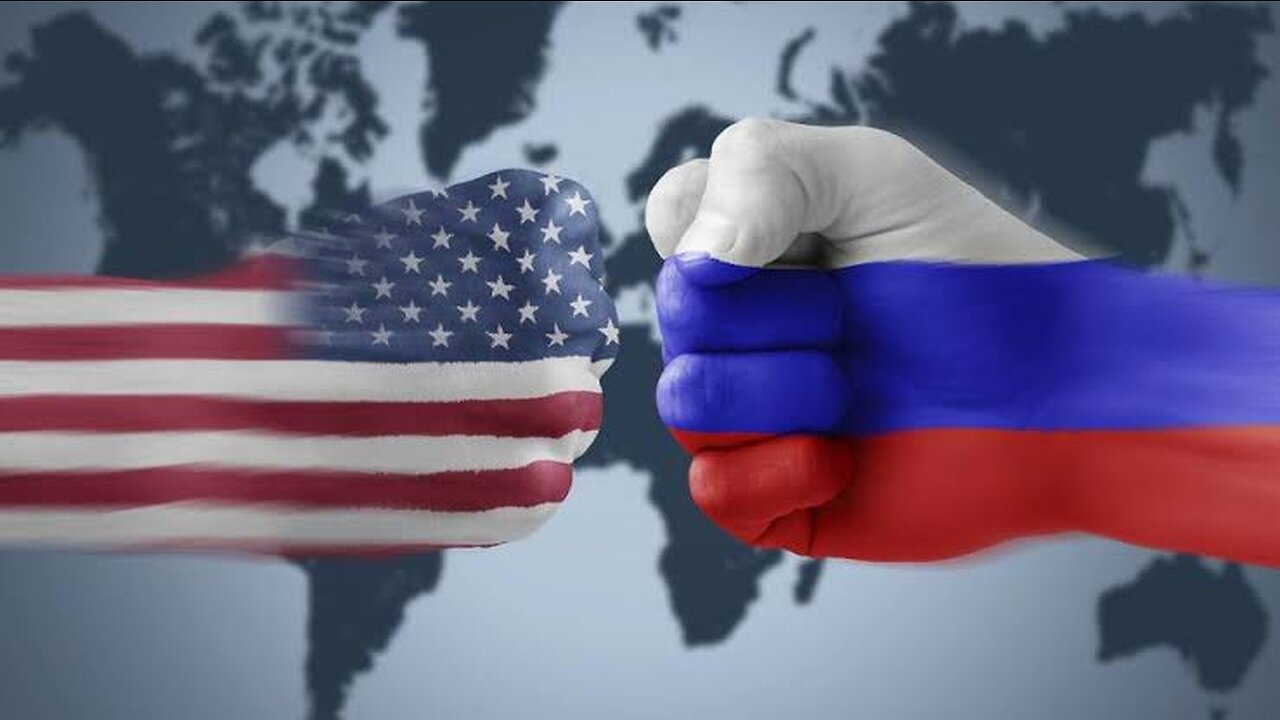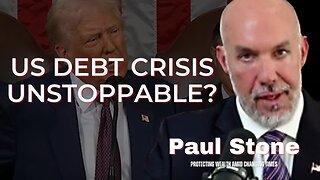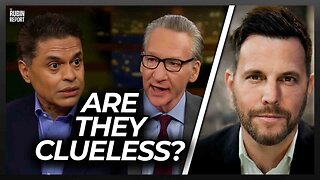Premium Only Content

Russia vs Ukraine and America
#Russia vs #Ukraine and #America
#cat
After the dissolution of the Soviet Union in 1991, the relationship was generally warm under the Russian President Boris Yeltsin (1991–99). In the early years of Yeltsin's presidency, the US and Russia established a cooperative relationship and worked closely together to address global issues such as arms control, counterterrorism, and the conflict in Bosnia. During Yeltsin's second term, US-Russia relations became more strained. The NATO intervention in Yugoslavia, in particular the 1999 NATO intervention in Kosovo was strongly opposed by Yeltsin,[2][3][4][5] who, although the Soviet Union had been strongly opposed by the Titovian flavour of independence, saw it as an infringement on Russia's latter-day sphere of influence.[citation needed] Yeltsin also criticized NATO's expansion into Eastern Europe, which he saw as a threat to Russia's security.[citation needed]
After Vladimir Putin became President of Russia in 2000, he initially sought to improve relations with the United States. The two countries cooperated on issues such as counterterrorism and arms control. Putin worked closely with US President George W. Bush on the war in Afghanistan following the 9/11 attacks. Tensions began to rise as Putin became more authoritarian, and the US pursued policies that Russia viewed as threatening to its security. The US supported the pro-Western government in Georgia, which led to the Russo-Georgian War.
Another source of tension was the US missile defense system. Following Putin regaining control of the Russian government in 2012, relations between the two countries significantly strained due to Russia's annexation of Crimea and Russian military intervention in Ukraine. Deterioration continued with the Russian military intervention in the Syrian Civil War, and over Russia's interference in the 2016 and 2020 U.S. elections.
Following the Russian invasion of Ukraine in 2022, relations reached the lowest point since the Cuban Missile Crisis.[6] Western sanctions imposed since 2014 were significantly expanded by the U.S. and its allies following the invasion, including several state-owned banks and
-
 24:32
24:32
Rethinking the Dollar
4 hours agoWhy Washington Will NEVER Fix the Debt Crisis w/ Paul Stone
159 -
 4:40:22
4:40:22
Viss
5 hours ago🔴LIVE - PUBG New Extraction Shooter Coming Soon? - PUBG
13.7K2 -
 LIVE
LIVE
Major League Fishing
1 day agoLIVE! - Bass Pro Tour: Stage 3 - Day 1
241 watching -
 51:11
51:11
PMG
19 hours agoHannah Faulkner and Chloe Castillo | Is your music IMPACTING you?!
411 -
 1:07:36
1:07:36
Russell Brand
6 hours agoTariff War Begins: Trudeau Threatens Retaliation Against Trump – SF549
103K80 -
 1:51:07
1:51:07
vivafrei
5 hours agoGuest "Misfit Patriot" on Andrew Tate & Casey Anthony! Canada Goes Full Trade War! ACB = DEI?
66.9K31 -
 1:58:22
1:58:22
The Charlie Kirk Show
4 hours agoCharlie vs. Gavin Newsom | Jonathan "Lomez" Keeperman | 3.6.25
114K60 -
 1:15:59
1:15:59
Simply Bitcoin
4 hours ago $2.90 earnedCould The NEXT 24 Hours Change The 2025 Bitcoin Bull Market? | EP 1197
32.7K3 -
 49:57
49:57
The Dan Bongino Show
7 hours agoAnother Phony Narrative Crumbles + First Show In The New Studio! (Ep. 2437) - 03/06/2025
802K2.28K -
 44:26
44:26
The Rubin Report
6 hours ago'Real Time' Crowd Stunned by Bill Maher’s Unexpected Glaring Blind Spot
86.2K52